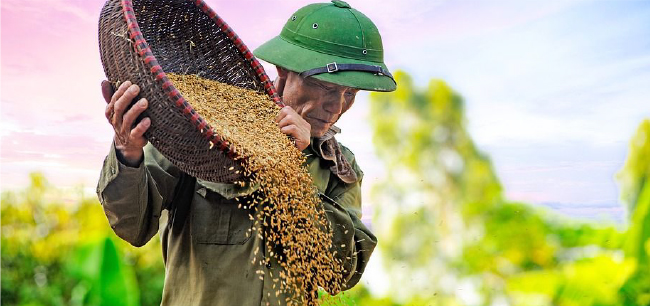6. Food Sovereignty and Fairness
The many ways our food is produced, prepared, and consumed involve more than just food safety and security. They also affect the health and sustainability of our environment and ecology, the preservation of cultural and natural landscape of traditional rural areas, and the prospect of fair income for small farmers who guard our precious farmland and heritage. In addition, they are related to the connection between the present society and its history, culture and values. In light of these concerns, WTO differentiates the agricultural trade from that of manufactured goods by allowing its member states to protect their own agriculture and the associated culture, landscape, environment and ecology under the Agreement on Agriculture. In the past decades, however, these measures have been misused to promote unfair competition across national borders which has resulted in difficult situations for small farmers and deserted farmland, which have been worsened significantly by post-WTO trade agreements. This panel aims to promote discussion and debate on the ideas, concepts, strategies and action plans, as well as case studies concerning food sovereignty and justice in this perspective.
糧食主權與正義
糧食生產、加工與消費的方式不僅牽涉到一個國家糧食供應的充足性和安全性,也同時影響一個國家環境與生態的健康與永續,農村傳統人文與自然景觀的存廢,當代社會與傳統歷史、文化、價值的聯繫,以及農民的合理收入。有鑑於此,世界貿易組織以《農業協定》另行規範農產品貿易,並允許各會員國以各種手段保護其農業與相關之文化、景觀、環境與生態。然而長年以來WTO的補貼與檢疫等機制被不當地利用來進行各種不公平的貿易競爭,而導致許多國家的小農困境與農地廢耕;而後WTO時期的各種跨國貿易協定更毫無節制地摧殘許多國家的糧食主權與糧食正義。緣此,本研討會子題歡迎來稿討論糧食主權與糧食正義的相關理念、概念釐清、行動策略、案例研究,以及各種現存或潛在的可能爭議,以便促進觀念與經驗的交流。
責任編輯
彭明輝/國立清華大學動力機械工程學系榮譽退休教授
編輯委員
董時叡/國立中興大學生物產業管理研究所教授
王驥懋/輔仁大學社會學系助理教授


